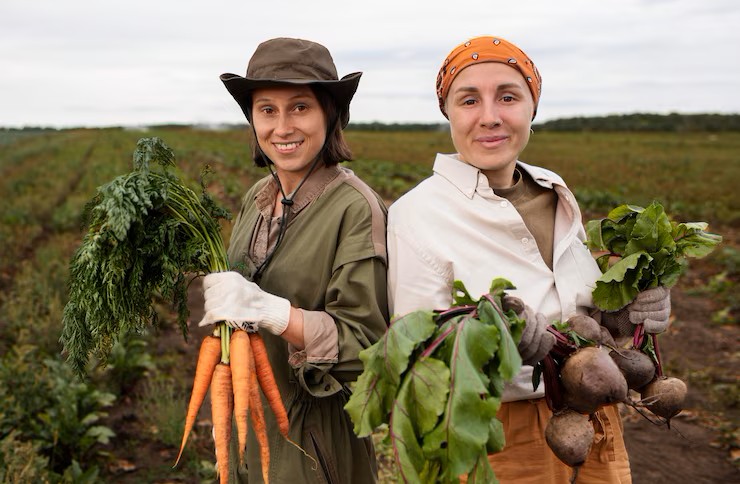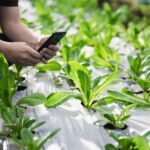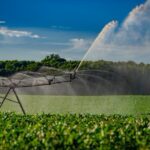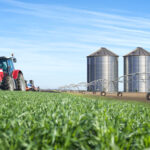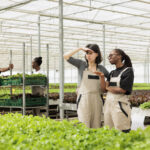As global agriculture evolves to meet the demands of climate change, food security, and sustainable development, one powerful force is gaining the recognition it deserves—women. Across the world, women are stepping up not just as farm workers, but as innovators, entrepreneurs, and leaders in agricultural transformation. Their role in shaping the future of farming is becoming increasingly vital—and it’s only just beginning.
Breaking Stereotypes: Women as Agricultural Leaders
For decades, the agricultural sector has been seen as male-dominated, particularly in decision-making roles and access to resources. But that is changing. From running smart farms to leading agri-tech startups, women are proving that they can do more than just support—they can lead innovation.
Today, women are:
- Founding agribusinesses that leverage digital tools to increase productivity
- Developing sustainable farming models that integrate environmental and social concerns
- Conducting research and breeding climate-resilient crops
- Training and mentoring other women in rural communities
One standout example is the growing number of female agripreneurs in sub-Saharan Africa and Asia, where women make up nearly half the agricultural workforce. Many are adopting precision farming, mobile apps, and drought-smart seeds to improve yields and reduce post-harvest losses.
Key Areas Where Women Are Driving Innovation
1. Climate-Smart Agriculture
As climate change threatens traditional farming systems, women are at the forefront of adopting and promoting climate-resilient practices. These include:
- Crop rotation and intercropping
- Use of organic fertilizers and composting
- Conservation tillage and rainwater harvesting
Many women-led farms are also adopting agroecology—a holistic farming approach that blends traditional knowledge with ecological science.
2. Digital Agriculture and Agri-Tech
Women are increasingly using technology to improve access to information, markets, and finance. Mobile apps like FarmDrive, iCow, and AgUnity—some of which were co-developed or promoted by women—help farmers track weather, manage records, and connect to buyers.
Additionally, women are part of coding teams, design panels, and policy discussions that are shaping the future of digital agriculture.
3. Value Addition and Agribusiness
Women are excelling in post-harvest innovations such as:
- Food processing (e.g., drying fruits, milling grains)
- Branding and packaging farm products
- Establishing cooperatives and farmer-owned enterprises
These efforts not only increase profits but also create jobs and reduce waste, contributing to more resilient food systems.
4. Education and Mentorship
Education plays a crucial role in empowering women to innovate. Across the world, female agricultural scientists, extension officers, and NGO leaders are mentoring the next generation of women farmers and researchers. Their work helps bridge the gender gap in knowledge access and builds stronger farming communities.
Challenges That Still Need Addressing
Despite these advances, women still face significant barriers that limit their full potential in agriculture:
- Limited access to land ownership
- Difficulty securing credit and financial services
- Undervalued labor and lack of representation in policy-making
- Cultural norms that discourage women from leadership roles
Removing these obstacles is essential if women are to play their full part in the agricultural innovations of tomorrow.
Building a More Inclusive Future
Governments, NGOs, and private sector partners can accelerate women’s impact in farming by:
- Creating inclusive agricultural policies
- Providing training and extension services targeted at women
- Improving access to land, credit, and technology
- Highlighting success stories to inspire broader participation
Investing in women not only uplifts households—it strengthens entire economies. Studies show that when women have equal access to resources, farm productivity can increase by up to 30%.
The future of farming is smart, sustainable, and inclusive—and women are at the heart of it. From climate adaptation to agri-tech, women are leading the charge with resilience, creativity, and community-centered solutions. As the world confronts growing agricultural challenges, empowering women in agriculture isn’t just fair—it’s essential.
In the years ahead, supporting women in farming innovation may well be the key to feeding the world.

